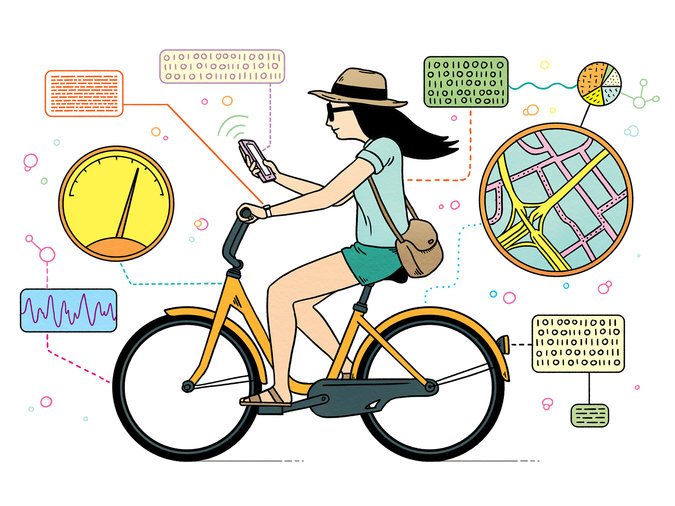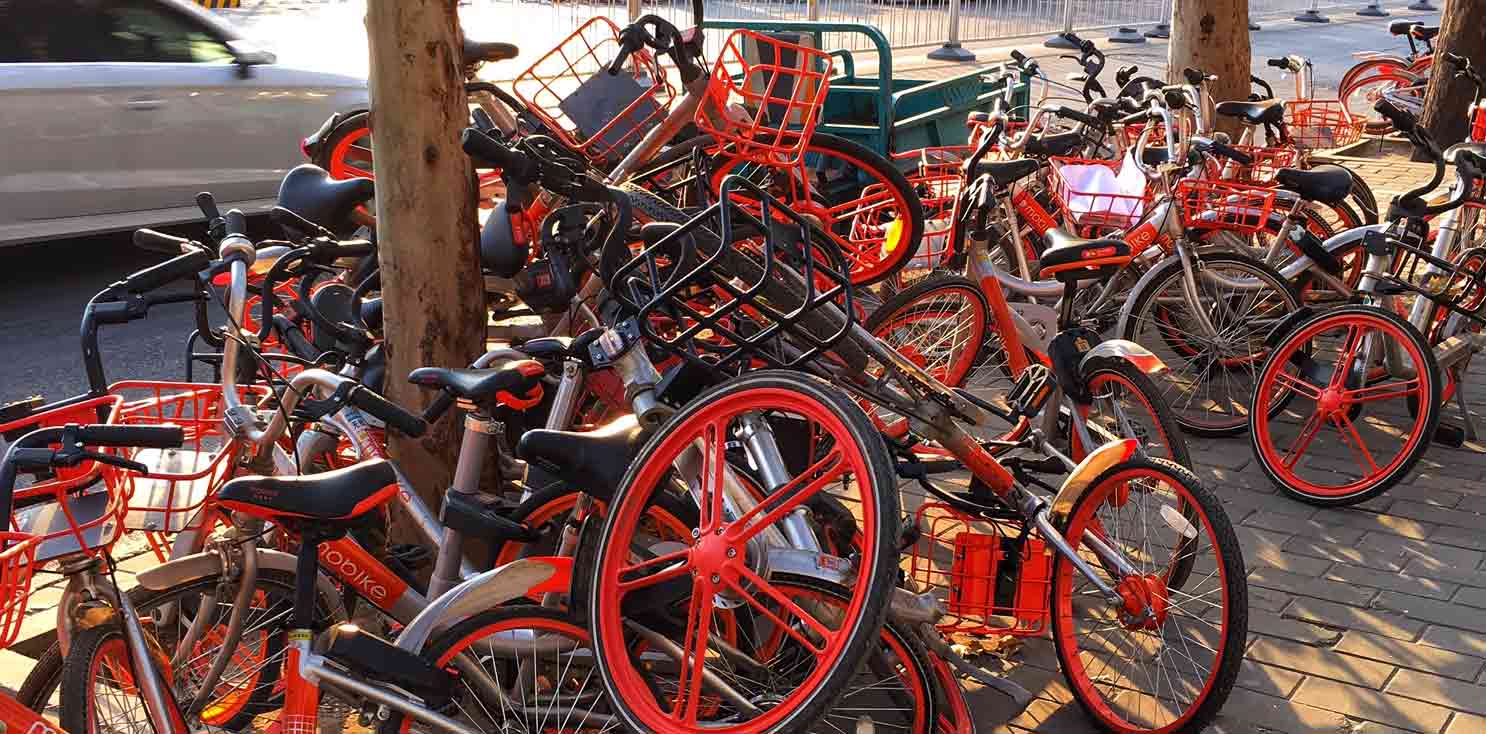Bike-share programs have become the norm in cities around the globe. And, with their many benefits, it’s no wonder why. They have been heralded for their ability to reduce a city’s carbon footprint, boost sustainability, and promote exercise and good health.
These programs also solve the “last mile” (1.6 km) problem. Even in cities with great public transportation systems, there are often dead zones. That is, residents may still need to walk 15 minutes or so from the closest metro station to their workplace or their home.
Data suggests that if something is over a mile away, the average person will turn to another form of transportation, such as a motorbike or a taxi. Outside of the impact to the environment, this situation has long been a source of frustration for business owners that are further out from transit hot spots.
Bike-share schemes solve this problem by giving commuters an alternative option for the last leg of their trip. They also give tourists an affordable option to see the city, boosting the benefits for local business owners in so-called “dead zone” areas at the same time. And, for many proud city residents, they are just one example of the quality of their city.

In China, Mobike and Ofo alone handle an estimated 50 million rides per a day. Backed by behemoth companies Tencent and Alibaba, these “unicorn” businesses have a market valuation of $1 billion a piece. And they are just two of nearly 70 bike-share companies that have exploded in China’s top cities over the last couple of years.
It’s come as a surprise to some to see how fast the market has expanded. In the latter half of the 1900s, China was known as “the kingdom of bicycles”. But as bikes slowly gave way to cars, it seemed unlikely that bikes would make such a spectacular return.
Their return has been so successful, in fact, that when state-run news agency Xinhua listed China’s new four great inventions, bike-sharing was among them. (The other three were e-commerce, mobile payments, and high-speed trains.
With users being charged merely cents on the dollar, the potential for bike-share companies to turn a profit isn’t obvious at first. Unlike businesses such as Uber, companies need to use their revenue to cover costs such as maintenance. Bluegogo, once country’s third largest operator, collapsed this year.
For now, the top companies are being supported by generous investors, but, in the long-term, big data is the goal. Bike-share companies are able to track the way that users move in a city, a valuable resource for companies and city planners alike.
Mobike has reportedly spent nearly $500 million on big data. With a footprint covering 170 world cities and over 100 million customers, the potential for growth is huge. By the end of 2017, its competitor, Ofo, will have nearly 20 million bikes across 200 cities across the world.
With nearly 70 different brands and 16 million bikes on the street, problems have started to pop up. Users park them indiscriminately, which often leads to unsightly and troublesome pileups throughout the city. In Beijing alone, there are nearly 2.5 million bikes on the street.
In Beijing authorities have had to ban any expansion to the already saturated market. Authorities have also proposed enforcing strict limits on where the bikes can be parked, and how many can be parked in each area. Users have argued that that such regulations will destroy the whole point of bike-sharing – after all, why would users use them if they suddenly became hard to find or difficult to park?

Operators have also boosted their maintenance staff to deal with the pileups as they happen. And they are reportedly using their data base to track bikes in real-time and improve efficiency. But so far, the numbers are foggy and the complaints continue.
